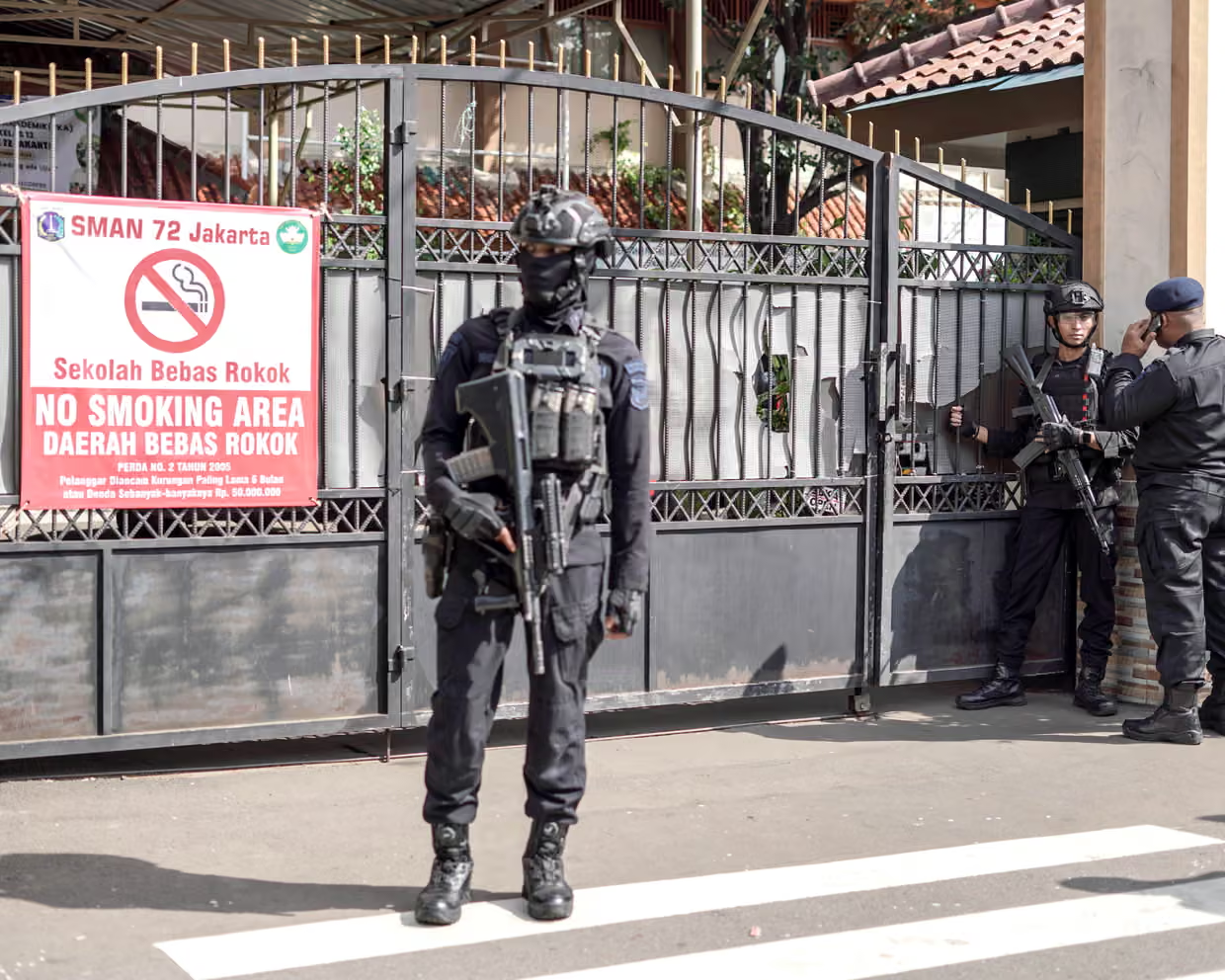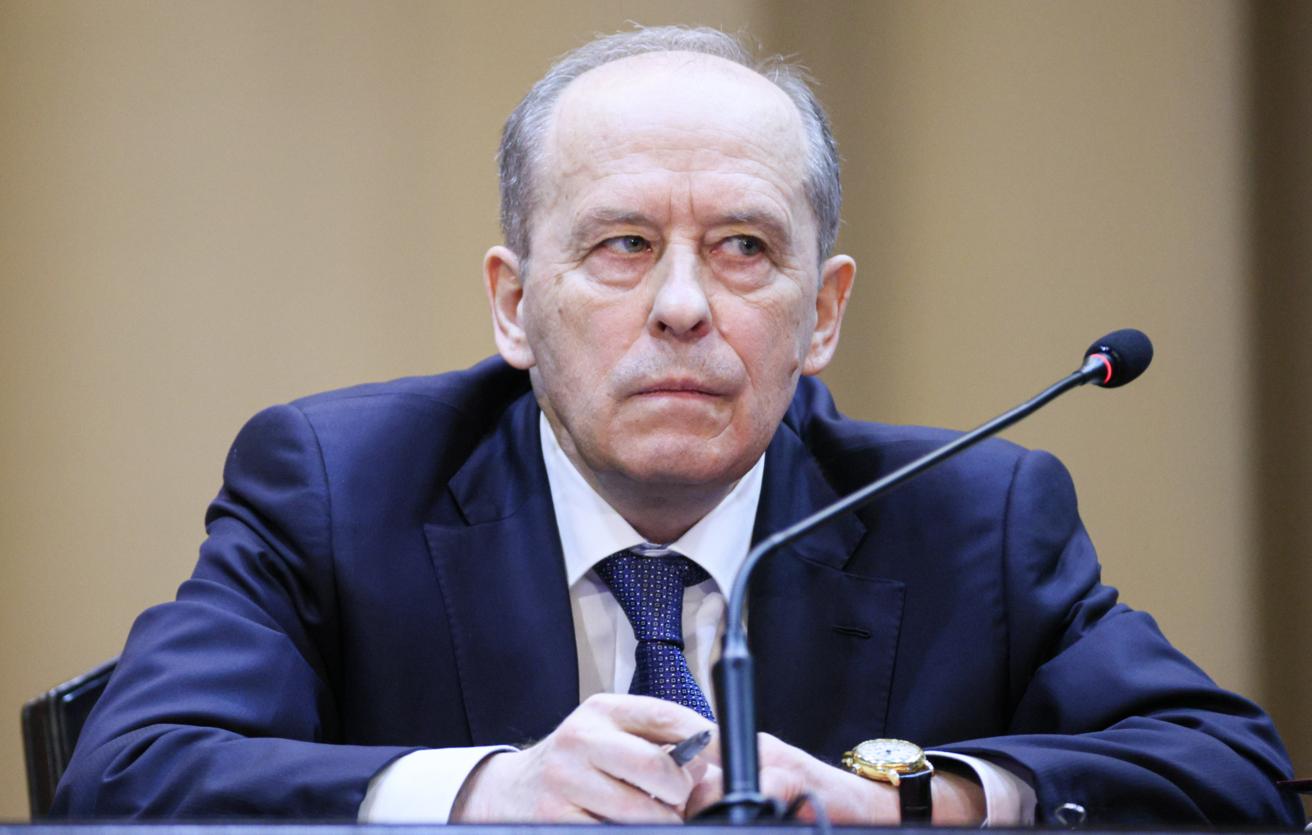
Magufuli’s Reign and Tanzania’s Creeping Radicalization Issue
Magufuli’s Reign and Tanzania’s Creeping Radicalization Issue
Over the past several years, Tanzania has served as an origin and transit point for radicalized individuals fighting alongside terrorist groups operating in nearby countries, particularly al-Shabaab in Somalia and Ansar al-Sunna in Mozambique. Tanzania has not been as internally affected by jihadist groups as nearby Mozambique, Kenya, and Somalia, but it is likely only a matter of time before the threat increasingly turns inward. Following contentious local elections in late 2019 that saw the ruling party run mostly unopposed and with the 2020 presidential elections likely to continue the status quo, Islamist groups in the country are likely to become more active.
A sizeable number of radicalized Tanzanians have historically left the country to join terrorist groups elsewhere, rather than turning their violence toward the state. Similarly, networks of radicalized groups in Tanzania have also facilitated the training and transfer of non-Tanzanians through the country to fight alongside terrorist groups outside of Tanzania. Most recently, Kenyan police confirmed in December that Kenyans radicalized by an al-Shabaab recruitment cell in western Kenya’s Siaya county were using Tanzania as a gateway to Somalia, likely using well-established networks in Tanzania to circumvent Kenya’s more stringent security controls by traveling from Tanzania’s coast. Tanzanian security forces confirmed they had captured and returned several individuals but others remained on the loose (Garowe, December 11, 2019). The structures that facilitate radicalization and recruitment are clearly present and resentment toward the government’s progressively authoritarian rule is growing. As such, it is easy to conceive that the country could see a rise in violent extremism if the ruling Chama Cha Mapinduzi (CCM) party and President John Magufuli continue their reign, hardening the narrative of mfumo Kristo (Christian dominance).
The threat of radicalization on Tanzania’s predominantly Muslim Zanzibar archipelago has been well-documented, but the rising threat on the country’s more homogenous mainland has flown more under the radar. Understanding the nature of violent extremism in Tanzania’s mainland is challenging as Tanzanian police have chronically downplayed the threat and characterized numerous attacks over the past several years as being linked to criminal groups rather than radicalized armed groups, much like the Mozambican government did during the early days of the conflict in Cabo Delgado. Also similar to Mozambique, reporting in many areas is scant due to media restrictions and reporters’ own self-censorship, particularly following the disappearance of multiple journalists (East African, January 18).
Thus far, the government’s increasingly authoritarian tendencies have not explicitly targeted or galvanized Muslim communities, but they have riled other groups. However, restrictions on political and religious organizations, alleged extrajudicial killings and detentions, and unequal economic policies, particularly relating to land management, have only contributed to a further loss of legitimacy for the state’s National Muslim Council of Tanzania (Baraza Kuu la Waislamu Tanzania—BAKWATA). These factors have helped facilitate the advent of fundamentalist challengers who are particularly adept at recruiting vulnerable Muslim youth by playing into the generational conflict between the younger generation of Wahhabi-leaning Muslims and their Sufi-oriented elders, whom they view as complicit in the government, and by association, BAKWATA’s marginalization of certain Muslim communities. [1] The perception of Sufi elders’ pro-government stance is compounded by young fundamental Islamists’ rejection of Sufi practices, particularly relating to burial rituals.
The threat of violent extremism is most prevalent in the coastal regions of Tanga, Pwani, and Mtwara, all of which have seen a rise in militant attacks and activity over the past five years and are uniquely vulnerable to such activity due to a variety of political, economic, and geographic factors. The current political climate and the likelihood of President Magufuli winning the presidential election will exacerbate the factors that contribute to radicalization as he continues to clamp down on alleged Islamists and closes political space for any meaningful opposition or dissent through actions such as banning political rallies, which will increasingly force individuals toward actions outside of the political system.
Tanga, which shares a border with Kenya and has a large coastline, has served as an epicenter of more radical interpretations of Islam since the 1970s with networks of mosques linked to Ansar Youth Centre cropping up across the region. Tanga has also been a hub for radicalized individuals fleeing crackdowns in Kenya as well as militants seeking to join al-Shabaab in Somalia (East African, January 19, 2019). Between 2015 and 2017, a series of violent incidents linked to a well-armed organization police tracked to the Amboni Caves renewed concerns of radicalized youths from nearby mosques joining shadowy armed groups in the area (The Citizen, May 31, 2016). It is also worth noting the prominence of political opposition in Tanga, which was one of three regions that did not hold polling in the 2019 local elections due to the opposition boycott.
In Pwani Region, the district of Kibiti has particularly experienced a similar rise in radicalization as well as targeted attacks against ruling CCM party members and police officials reportedly connected to youths from mosques erected after Islamists clashed with worshippers at preexisting mosques, with dozens being killed since 2017. Kibiti has also historically exported a significant number of fighters to al-Shabaab and Ansar al-Sunna. Security forces responded to the spate of violence in Kibiti by launching a significant crackdown on alleged Islamists in the broader Pwani region, with locals and members of parliament accusing the government of being responsible for the disappearance of 380 people, among other alleged abuses (East African, May 5, 2018).
Mtwara is particularly vulnerable given the escalation of the conflict in nearby Cabo Delgado, Mozambique and those militants’ connections to Tanzanians. Multiple cross border attacks have already taken place and Tanzanian authorities have arrested upwards of a hundred Tanzanians for attempting to cross the border to fight in Mozambique or for attempting to establish training camps (The Citizen, November 13, 2019; East African, August 11, 2019). Tanzanian authorities have also stated that they believe individuals who fled security operations in Kibiti had relocated to Mtwara and fear that fighters will return from Mozambique. Mtwara has long been a peripheral region far removed from the government and has suffered significantly due to fluctuations in cashew yields. The region has increasingly become an opposition stronghold, particularly following harsh crackdowns in response to protests against a planned oil pipeline (Quartz, May 31, 2018). The neglected region of Mtwara, aside from sharing many linguistic and ethnic features with Cabo Delgado, is also facing a similar issue in that the discovery of natural gas reserves threatens to further the economic disparity between residents and those who will benefit from the boom.
The prevalence of radicalized networks in Tanzania and the connections to other militant groups in the region has created an outlet through which marginalized Muslim youth are likely to channel their resentment toward the government and mfumo Kristo, should Magufuli win. The generational religious conflict between younger Islamists and the Sufi community will continue to be amplified by the government’s restrictions on religious and political groups, police crackdowns, matters of land management, and the coming oil boom. Tanzania could be primed to experience an increase in violence directed inward as opposed to exporting its radicalized individuals elsewhere in the region. Meanwhile, the conflict in Mozambique continues to worsen and there is a likelihood that the violence will increasingly spill into Mtwara.
Notes
[1] Author’s interview with Dar es Salaam-based scholar on November 15, 2019.

